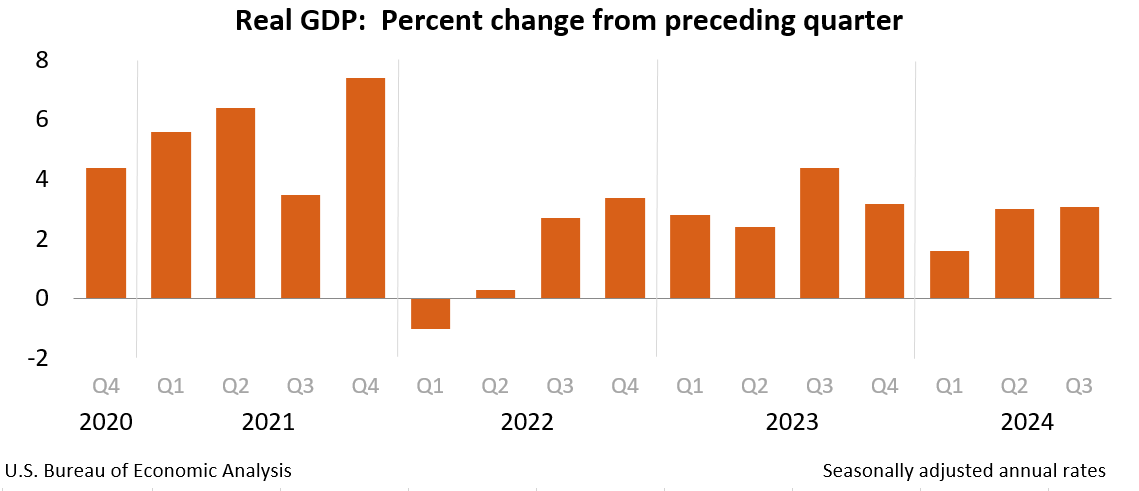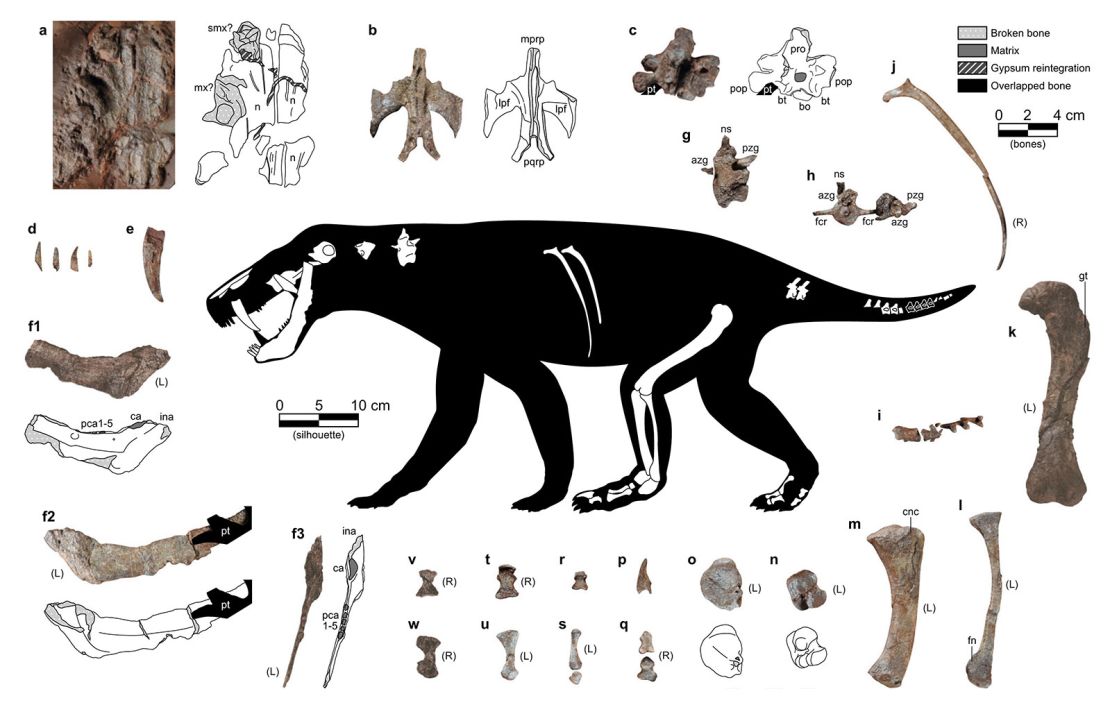
SpaceX CEO Elon Musk. Chesnot/Getty Images
A Chinese rocket successfully launched multiple communication satellites manufactured by one of China’s leading car manufacturers, bolstering the country’s endeavors to compete in the low-Earth orbit dominated by Elon Musk’s SpaceX.
Eleven satellites developed by Geespace, a subsidiary of Zhejiang Geely Holding Group Co., were transported into orbit via a Long March CZ-2C rocket from the Xichang Satellite Launch Center in Sichuan province on Saturday at 7.37 a.m. local time, as reported by state broadcaster CCTV.
This marks Geespace’s second launch after an initial deployment of nine satellites in mid-2022.
Geespace aims to create a network of satellites approximately 600 kilometers (373 miles) above the Earth’s surface, with the potential to connect to autonomous vehicles and provide support for other functionalities in Geely vehicles. The company also anticipates these satellites to offer connectivity for consumer electronics. With increasing competition in China’s automotive market and advancements in space infrastructure, satellite communications are becoming an essential selling point for consumers.
Geespace Chief Executive Officer Tony Wang expressed, “Right now, I might have a satellite function and you don’t. But in the future, everyone will be equipped with the feature, and also every car.”
Wang highlighted the example of Huawei Technologies Co.’s Mate series smartphones that support satellite-enabled dialing and connect to China’s Beidou satellite navigation system. Geespace’s satellite communication is currently available in several of Geely group’s electric vehicles, including the Zeekr 001 FR and 007, and the Galaxy E8.
China has made significant advancements in its space program, such as missions to Mars and the far side of the moon, and is planning to rapidly establish a substantial satellite constellation in low-Earth orbit, as reported by the Global Times in late December.
However, state-owned enterprises have been slow in establishing a presence in low-Earth orbit thus far, and the Geely subsidiary is among the few private-sector companies venturing into satellite operations in this domain. SpaceX, on the other hand, operates over 5,300 satellites in low-Earth orbit and continues to launch dozens more monthly.
The recent launch comes over 18 months after Geespace deployed its initial batch of satellites. The company now faces a demanding timeline to achieve its objective of deploying the first phase of the 72-satellite constellation by next year.
“To establish this satellite constellation, we need to set up the network, on-the-ground infrastructure and also push forward the commercialization of cloud service,” explained Wang. “It is a lot of pressure.”
The group’s billionaire founder and Chairman, Li Shufu, owns nearly 10% of Mercedes-Benz Group AG, and Geely holds stakes in other foreign automakers such as Volvo AB and Lotus Technology Inc. Li also coined Geespace’s Chinese name, which means a path in time and space.
Geely was the third-largest auto exporter in China last year, following SAIC Motor Corp. and Chery Automobile Co. Geespace aspires to eventually offer its service globally, providing real-time satellite communication anywhere in the world except the north and south poles, Wang stated.
In 2021, Geespace completed the construction of a factory in the eastern Chinese city of Taizhou capable of producing 500 satellites annually. The company has sold dozens of these satellites to Chinese startups, universities, and other stakeholders involved in space, according to Wang.
Wang added, “The next race for the EV sector is self-driving and the Internet of Things service. Telecommunications infrastructure is also advancing from 5G to 6G. One of its key features is the widespread use of satellite communications and navigation networks. We believe the demand and the size for this market will reach an inflection point very soon.”













